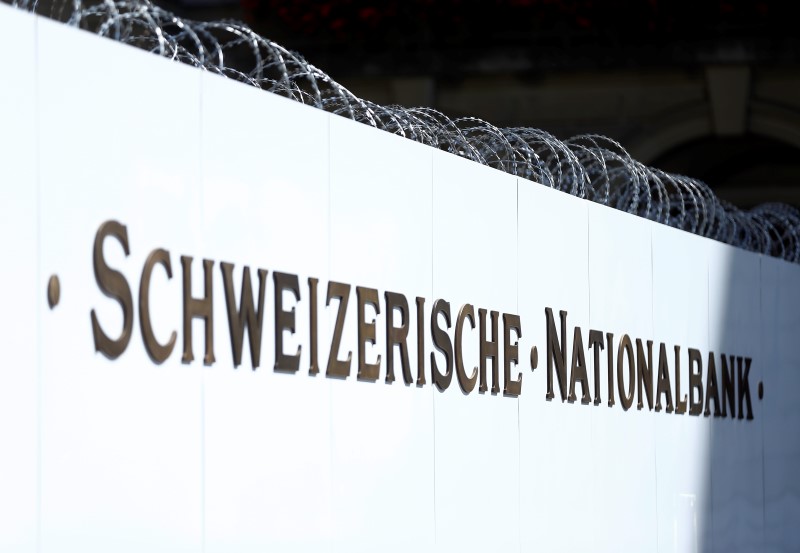The Swiss National Bank (SNB) executed its largest interest rate cut in nearly a decade on Thursday. The central bank's decision to reduce its policy rate by 50 basis points, from 1.0% to 0.5%, marks an effort to preempt anticipated rate cuts by other central banks and to control the appreciation of the Swiss franc.
The move came as a surprise to many, as more than 85% of economists in a recent poll had forecasted a more modest reduction of 25 basis points.
This marks the steepest decline in borrowing costs since the SNB's abrupt emergency rate cut in January 2015, which was implemented when the bank abandoned its minimum exchange rate with the euro.
The SNB stated, "Underlying inflationary pressure has decreased again this quarter. The SNB's easing of monetary policy today takes this development into account."
The bank also indicated that it would "continue to monitor the situation closely," and is prepared to adjust its monetary policy as needed to maintain inflation within its desired range for price stability over the medium term.
This policy rate adjustment is the first under the direction of new SNB Chairman Martin Schlegel. It represents an escalation from the approach of Thomas Jordan, the former chairman, who had implemented three 25 basis point reductions earlier this year.
The decision was facilitated by the current state of Swiss inflation, which stood at 0.7% in November and has remained within the SNB's target range of 0-2% since May 2023.
The European Central Bank is also anticipated to lower rates later on Thursday, while the U.S. Federal Reserve is expected to make a similar move on December 18.
Moreover, the Bank of Canada reduced its main policy rate by 50 basis points on Wednesday, reflecting a trend of easing monetary policy across various economies.
